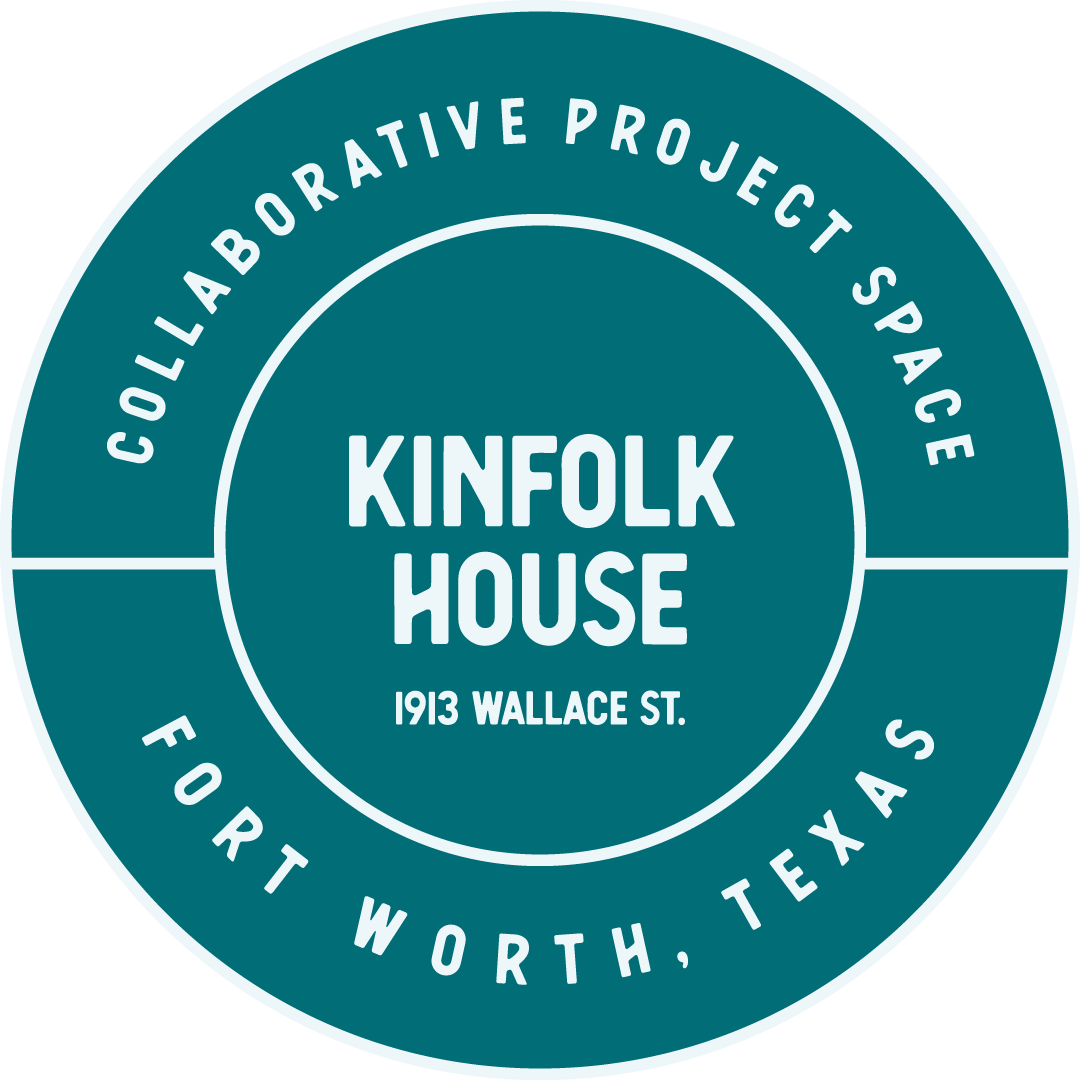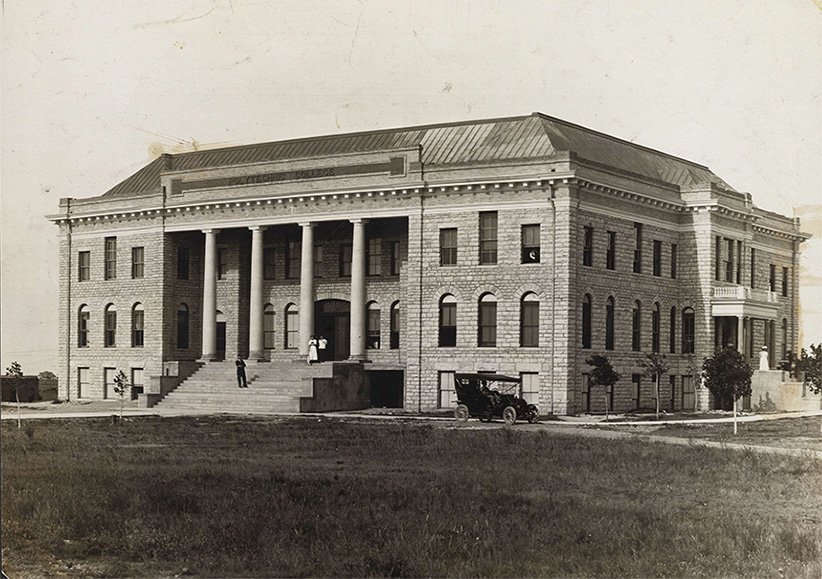
Polytechnic Heights
In 1852, the native Tennessean Tandy and Hall families became the first inhabitants of the area now known as Polytechnic Heights. These pioneering families helped establish schools, churches, and mills in the area. In 1890, the Tandy-Hall households donated land to the Southern Methodist Episcopal Church. The church used this land to found Polytechnic College, known today as Texas Wesleyan University. Over time, more families settled in Poly and continued to grow the community. In 1910, Polytechnic Heights became an incorporated city with a post office, fire station, movie theater, and other businesses. Twelve years later, the community voted for Polytechnic to be incorporated into Fort Worth city limits.
During the 1950s, racial tension arose when middle-class Black people began to move into the neighborhood. While many White residents fought to maintain the community as a White neighborhood, with the help of Civil Rights legislation, changes, such as school integration, were mandated. In Poly, as in many neighborhoods across the U.S. at that time, the increase in the Black population provoked White residents to leave the neighborhood, an action known as “White flight.” Beginning in the 1990s and continuing today, there has been an influx of Hispanic families settling in Poly. The makeup of Poly has drastically changed since the 1800s, but it remains a thriving community.
Historical Perspective
Like many predominantly Black and Latino neighborhoods today, Poly faces challenges that have been born from decades of systemic and systematic racism. Over time, the development of the community diminished due to a lack of readily available government services and barriers to civic participation. As a result, crime rates have risen, and access to fresh food is minimal.
However, there has been a rise in organizations and businesses who have come forth to restore Poly by bringing attention to and working to resolve community issues while also uplifting the local culture. Organizations like FunkyTown Fridge and Southside Community Garden along with food banks created by local churches have increased the community’s access to affordable nutritious food. Also, establishments like Black Coffee, Fort Worth Seafood, and Taqueria Las Esmeraldas are just some examples of local businesses that celebrate culture, cater to customers, and foster a spirit of inclusivity and love.
Beyond this health and economic progress, there has also been an effort to beautify the community. Recently, Community Design Fort Worth partnered with Texas Wesleyan University and the University of Texas at Arlington to create a community-based plan to enhance the local landscape and respond to community needs. Additionally, there has been a rise in community engagement organizations, such as United Fort Worth, emphasizing the importance of civic responsibility while providing a safe space and other support for historically marginalized communities such as Poly.
Learn more about Poly today from this Fort Worth Report article written by long-time Poly resident Reba Henry.
Present Day
In 2022, during Kinfolk House’s second project, Congregate, Dallas-based multi-disciplinary artist Ángel Faz created large-scale wood carvings featuring four Poly-area business owners. To create this new body of work Faz drew on their past work investigating themes of gentrification and displacement. In 2017, through conversations with passive gentrifiers, Faz found that many naively claimed that, “There was nothing there,” when speaking of the neighborhood into which they moved. For longtime residents and business owners who are affected by gentrification, statements like this negate their culture, livelihoods, and aspirations.
Through this work, Faz documented the vibrant and nurturing spaces where people congregate in Poly. Though Congregate has closed, we continue to share the map that Faz made and we ask our visitors to step outside of this art space and contribute to the local community by visiting and supporting locally owned businesses.



